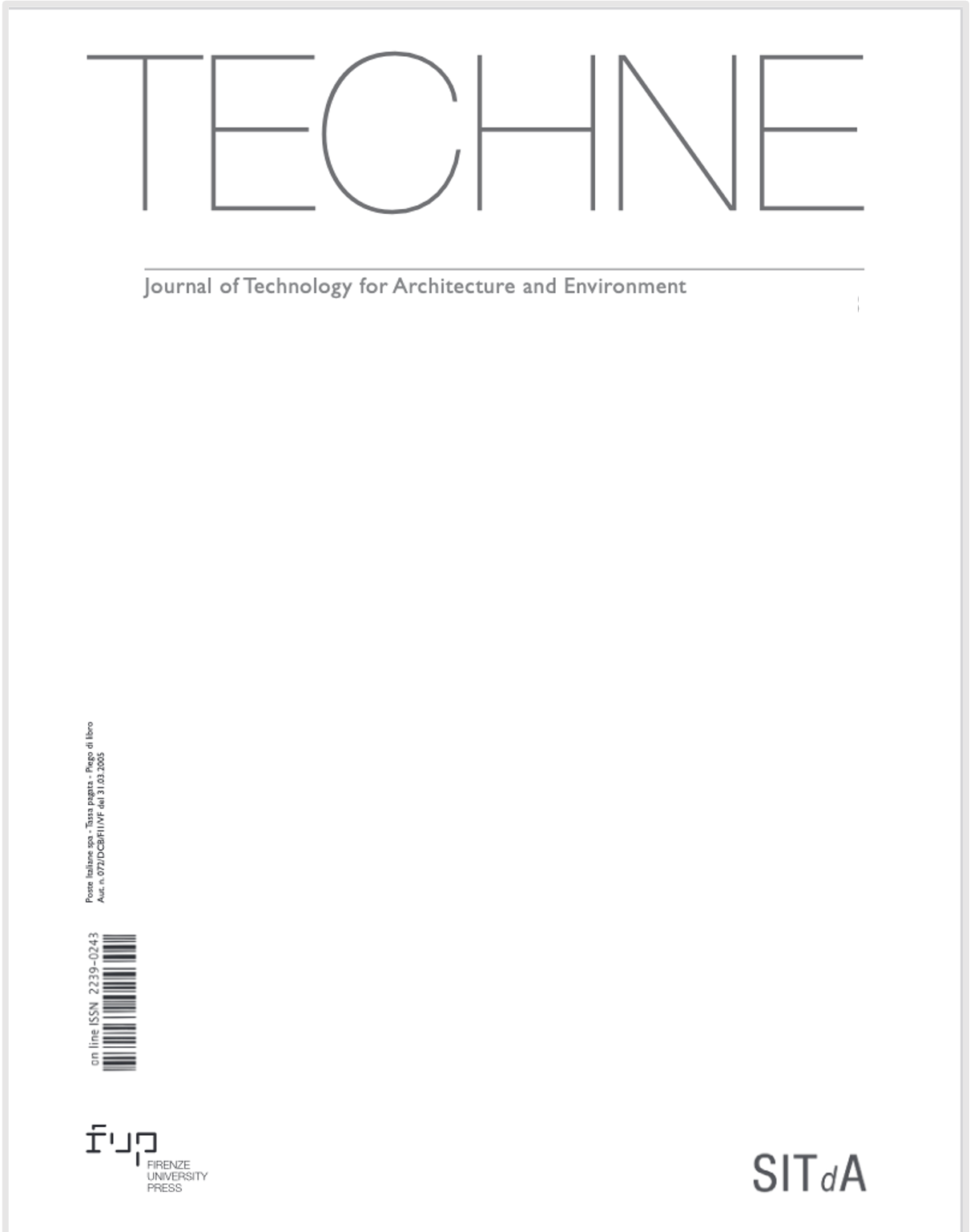The current megatrends – a term introduced by Naisbitt in 1982 – are generating impacts able to change the balance of the planet, economy and society in a structural way. If energy transition processes are not new in history, what distinguishes the one of today is the speed of changes, the unpredictability of events and a greater difficulty in defining certain perimeters of action. Bertrand Gille, in Histoire des Techniques, argues that the structural limits of a “technical system” related to the evolutionary process of societies become evident at the end of the expansion period of the system itself, with difficulties in increasing quantities or containing production costs or due to the impossibility of diversifying it. Therefore, it is necessary to reflect on what has not happened and on what should have happened to predict and prevent the current energy crisis, with a greater awareness of what can actually be implemented through certain programs and timelines, in the short, medium and long term. Since 1972 (Club di Roma, Report on the limits of development), science has been in dialogue with politics and economy to find a compromise between financial growth and sustainable development, attempting to redefine the development models in terms of “bioeconomy” – in the sense of Georgescu Roegen – according to which the economic process is nothing more than an extension of the biological evolution.
The aim of the Call is to emphasize the concept of transition and not of energy crisis, looking at new energy sources and new forms of supply and conversion aimed at decarbonisation and focusing on what this reorganization entails for urban assets and building systems; also considering the resilience and adaptation capacities of local systems through short and circular supply chains, energy and food selfproduction, digitalization of processes, sustainable mobility, etc. Changing the energy model means defining a new role for individuals and communities, oriented by political choices towards a more informed, aware and critical attitude, both as smart users and as prosumers, as prefigured by Jeremy Rifkin.
It is not possible to live on “clean energy” if, together with the development of technologies capable of efficiently exploiting renewable and non-exhaustible sources, initiatives aimed at drastically reducing energy demand are not launched. This is the actual urgency. The energy transition is cultural as well as environmental and technological. Therefore, the issue 26 of TECHNE intends to represent – in terms of theory, research and design practice – the positioning of the technological culture on the topic of energy transition, through global visions, strategies and innovative solutions specified in the topics indicated below.
1. Visions. Through the development of a “culture of the limit” the topic encourages inter- and trans-disciplinary cultural and scientific reflections on the energy transition process. What implications will the change of the energy base have in the reorganization of the city, in particular in relation to services, transport and housing? Starting from the most recent EU and international energy policies, which scenarios can be envisaged in terms of regeneration of the built environment? How can climate change be tackled through the energy transition?
2. Strategies. The topic opens to considerations useful for implementing the energy transition process, increasing the adaptability of urban, building, cultural and social systems, and identifying practices and procedures for resilience strategies related to energy resources. What design and process innovations are necessary for the optimal use of resources for decarbonisation? What role does the user play in the energy transition process and in the possibility of reducing energy needs, from savings to efficiency? How can the project contribute to improving user awareness?
3. Solutions. The reduction of climate-altering emissions, towards carbon neutrality by 2050, implies the identification of reorganization, conservation and regeneration interventions. What are the innovative modalities of action aimed at containing and reshaping the energy demand? What solutions are needed to achieve the objectives set by following an architectural and cultural approach oriented to the topics of self-sufficiency and circularity of the life cycles? What is the contribution of the technology in the process of saving, procuring and storing energy at the building, neighborhood, urban and territorial scale?
CALL FOR PAPERS | TECHNE | 26
TIMING:
Abstract submission: November 18, 2022
Abstract acceptance: December 12, 2022
Article submission: March 02, 2023
Reviewed article result: April 09, 2023
Reviewed article submission: May 05, 2023
PUBLICATION DATE TECHNE | 26: OCTOBER 31st, 2023
DOWNLOAD THE CALL FOR PAPERS

